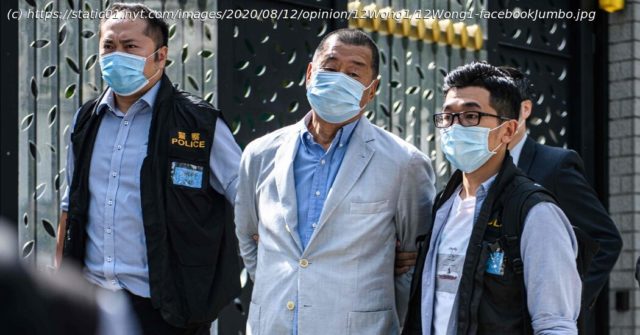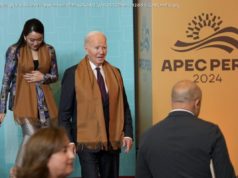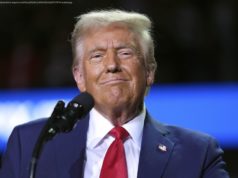We will respond to repression by demonstrating our solidarity creatively.
Ever since a new round of pro-democracy protests broke out in Hong Kong last year, journalists from both local and global media have exposed how freedoms are shrinking, human rights are deteriorating and police brutality is worsening in the city. Now, with new sweeping powers under the national security law that China promulgated for Hong Kong on June 30, the news media themselves are in the Chinese government’s cross hairs. The publisher Jimmy Lai, whose media company puts out the popular tabloid Apple Daily, has long been one of Beijing’s most vocal critics in Hong Kong. Mr. Lai was arrested on Monday morning under the recent law, for allegedly colluding with foreign forces. The paper’s office was raided by dozens of police officers. (Mr. Lai was released on bail late Tuesday night.) A special unit has recently been created in the Hong Kong Immigration Department to vet visa applications that are deemed to be sensitive, including for foreign correspondents, according to The Standard. The Hong Kong police now grants access to ground operations only to “trusted media outlets”: On Monday, reporters from Reuters, Agence France-Presse and The Associated Press, among others, reportedly were blocked from the scene of the raid at Apple Daily. Freedom of speech and of the press, both vital to the rule of law and the city’s vibrancy, are under attack.






